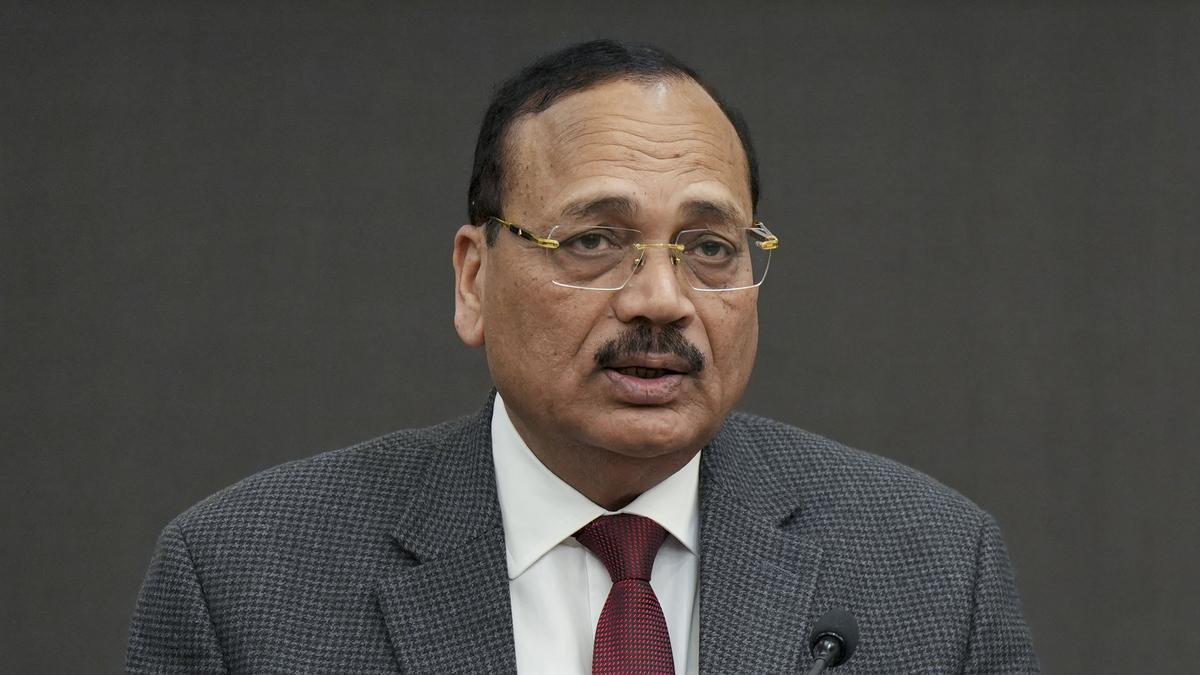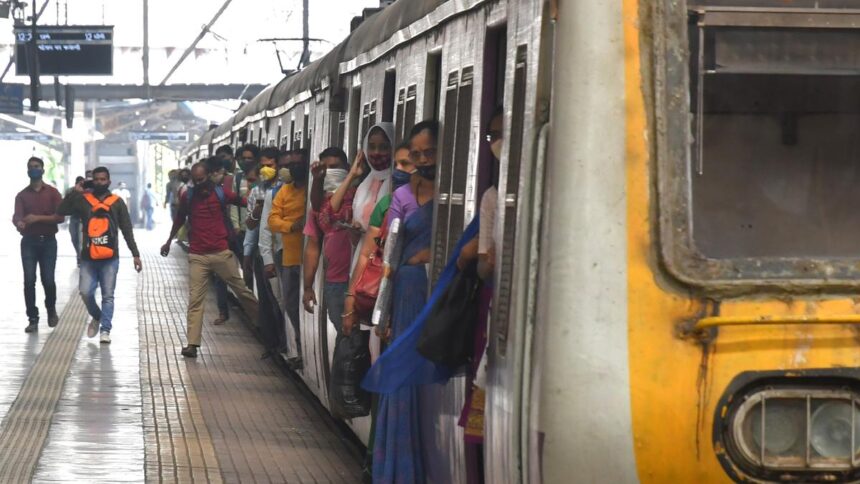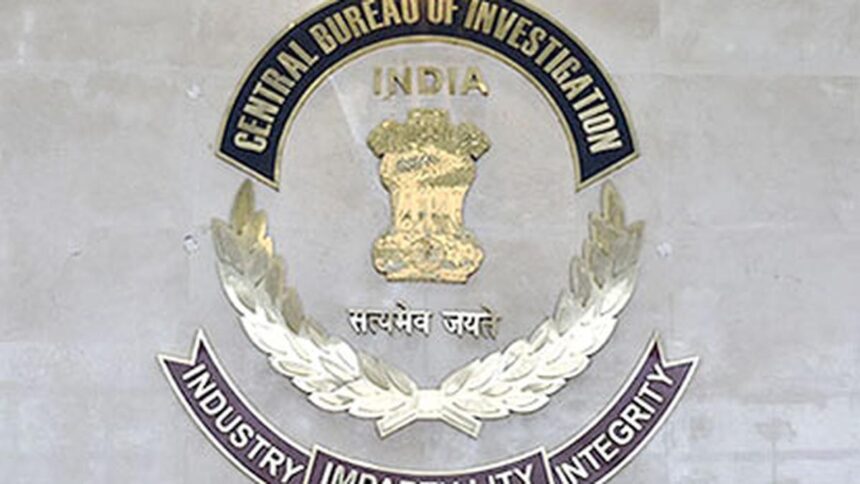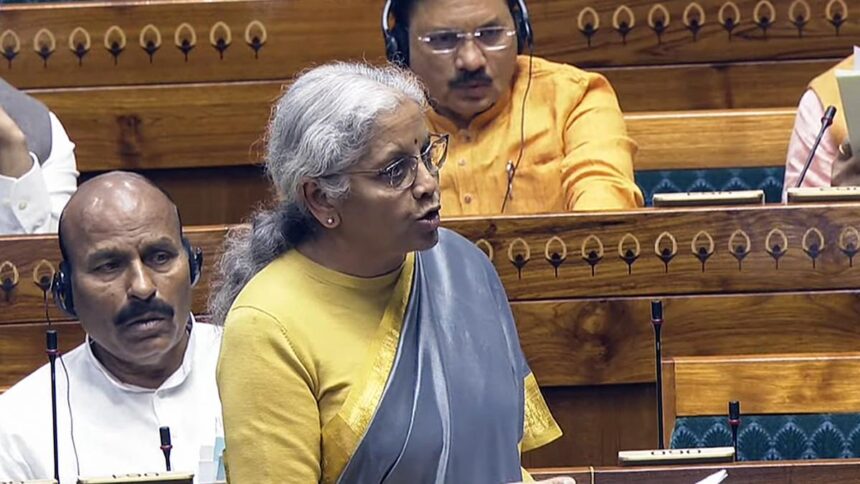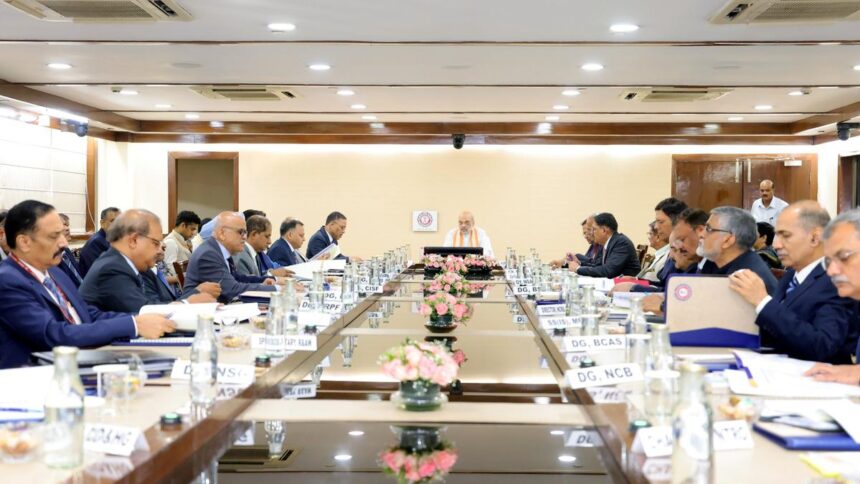
Supreme Court judge Justice Surya Kant.
| Photo Credit: PTI
Supreme Court judge, Justice Surya Kant, said that though technology can make justice delivery systems and legal aid efficient, it cannot replace the human touch.
“Technology is only a tool. The heart of justice must remain human… In a world where machines write poetry and algorithms predict behaviour, we must remember: justice is still a human act. It is not rendered by bandwidth but by conscience. The greatness of the law lies not in authority, but in service; not in rigidity, but in compassion,” Justice Kant said.
He was speaking on bridging the ‘digital gap’ and ‘reimagining legal aid in the digital age for inclusive justice in India’ at the Justice RC Lahoti Memorial Lecture on Saturday. His speech touched on significant statements regarding the limitations of technology in the field of law.
Justice Kant is the Executive Chairman of the National Legal Services Authority (NALSA) and in line for appointment as the next Chief Justice of India in November as per the seniority norm.

The senior top court judge said the legal aid system cannot become a “factory of canned responses”.
“Automated systems are efficient, but they cannot replace the human touch. Legal aid cannot become a factory of canned responses; it must not reduce people’s problems to ticket numbers. There must always be a human fallback — someone to listen, explain, and reassure,” he said.
The judge said human empathy was central to justice, whether it was a lawyer responding to a distressed call, a judge presiding over a video-enabled hearing or even a chatbot answering a query. Technology was powerful, but could not replicate the human element at the heart of legal aid.
Pointing to Article 39A of the Constitution, Justice Kant said the constitutional provision called upon the State to provide free legal aid to ensure that no citizen was denied justice owing to economic or other disabilities. He said India was among the few nations to constitutionally mandate legal aid.
“Yet, the stark truth is that vast sections of our population — rural citizens, the urban poor, women, children, persons with disabilities, the elderly — still encounter formidable barriers in accessing justice. These may be barriers of awareness, geography, language, money, physical mobility, or social stigma,” Justice Kant noted.
Published – August 02, 2025 10:11 pm IST








